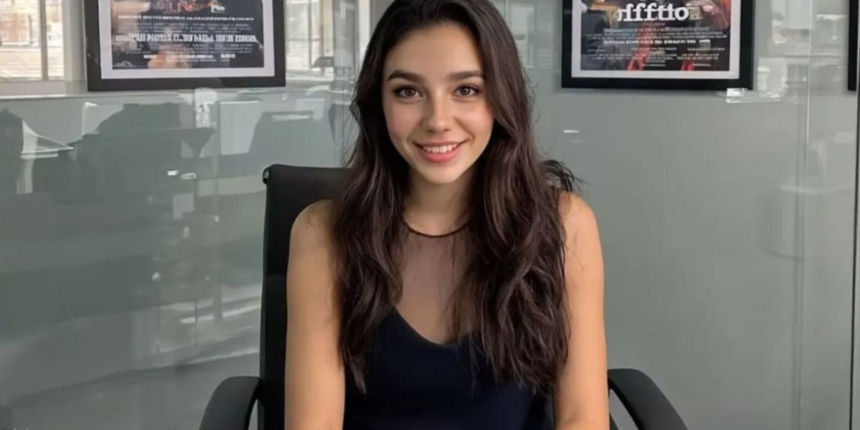“No, are you serious? That’s an AI? Good Lord, we’re screwed,” she said. “That is really, really scary, Come on, agencies, don’t do that. Please stop. Please stop taking away our human connection.”
“To those who have expressed anger over the creation of my AI character, Tilly Norwood, she is not a replacement for a human being, but a creative work—a piece of art,” she wrote. “Like many forms of art before her, she sparks conversation, and that in itself shows the power of creativity.”
Van der Velden went on to say AI should not be a replacement for people, and that nothing “can take away the craft or joy of human performance,” but creating Tilly has been “an act of imagination” and “represents experimentation, not substitution.”
“I also believe Al characters should be judged as part of their own genre, on their own merits, rather than compared directly with human actors,” she added. “I hope we can welcome Al as part of the wider artistic family: one more way to express ourselves, alongside theatre, film, painting, music, and countless others.”
“To be clear, ‘Tilly Norwood’ is not an actor, it’s a character generated by a computer program that was trained on the work of countless professional performers—without permission or compensation,” it said in a statement. “It has no life experience to draw from, no emotion and, from what we’ve seen, audiences aren’t interested in watching computer-generated content untethered from the human experience.”
“It doesn’t solve any ‘problem’—it creates the problem of using stolen performances to put actors out of work, jeopardizing performer livelihoods and devaluing human artistry,” it added.
“And what about the hundreds of living young women whose faces were composited together to make her?” asked Mara Wilson, who rose to fame as a child actor in Matilda and Mrs. Doubtfire. “You couldn’t hire any of them?”
“Shame on whoever is trying to normalize this,” actor Eiza Gonzalez wrote in response. “Horrific and terrifying.”









